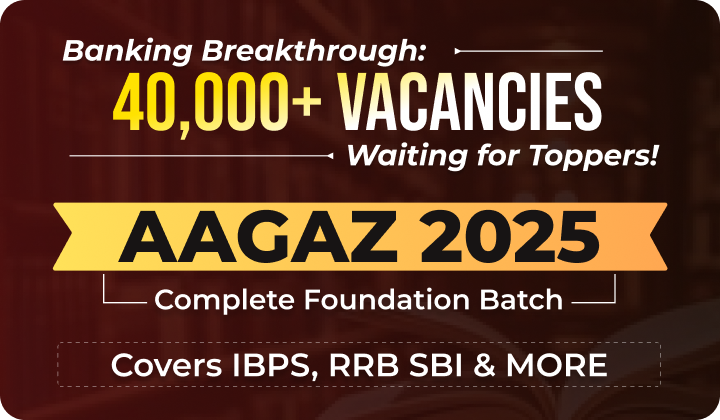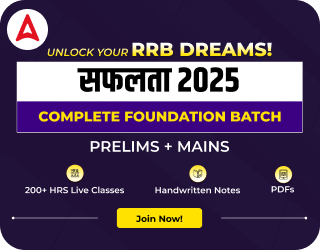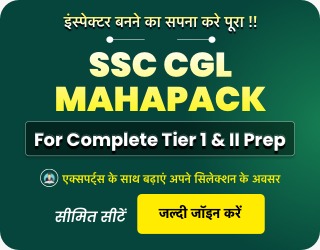Table of Contents
Supreme Court Law Clerk Syllabus 2025: The Supreme Court Law Clerk Exam 2025 will follow a structured syllabus and exam pattern that candidates must adhere to for effective preparation. The examination is scheduled to take place on March 9, 2025, and will be conducted in three stages: Multiple Choice Questions (MCQs), a Subjective Written Examination, and an Interview. Candidates are advised to review the Supreme Court Law Clerk Syllabus and Exam Pattern thoroughly to strategize their preparation and enhance their performance in the selection process.
Supreme Court Law Clerk Syllabus and Exam Pattern 2025
Understanding the Supreme Court Law Clerk Syllabus and Exam Pattern 2025 is vital for candidates aiming to excel in the exam. A detailed review of both will help candidates focus on key topics and structure their preparation effectively for the upcoming Supreme Court Law Clerk 2025 Exam. The Supreme Court Law Clerk Syllabus will cover various law-related topics, while the exam pattern will provide details on the number of questions, marks distribution, and time duration.
Supreme Court Law Clerk Selection Process 2025
The Supreme Court Law Clerk 2025 selection process comprises three stages:
- Stage 1: Multiple Choice Questions (MCQs) – Tests candidates’ legal knowledge, comprehension, and application skills.
- Stage 2: Subjective Written Examination – Assesses analytical thinking and writing proficiency.
- Stage 3: Interview – Evaluate overall suitability for the position.
SCI Law Clerk Admit Card 2025- Click to Check
Supreme Court Law Clerk Syllabus 2025
The Supreme Court Law Clerk Syllabus 2025 provides a structured guide for candidates to prepare for the exam. It covers essential topics that evaluate legal knowledge, comprehension, writing proficiency, and analytical skills. The exam comprises Part I (Multiple Choice Questions) and Part II (Subjective Written Examination). Understanding the syllabus thoroughly will enable candidates to prepare strategically and enhance their chances of qualifying in the selection process.
Part 1: Multiple Choice Question (MCQ)
The MCQ section will assess candidates in three key areas: Reading Comprehension, Analytical and Legal Aptitude, and Recent Developments in Law.
- Reading Comprehension: Includes English passages followed by objective questions to evaluate candidates’ ability to understand, interpret, and analyze content.
- Analytical and Legal Aptitude: Tests fundamental legal knowledge, analytical skills, and application of legal principles to scenarios. Key topics include:
– Constitution of India: Preamble, Fundamental Rights, Directive Principles of State Policy, Parliamentary Procedures, and Judiciary provisions.
– Criminal Procedure Code (CrPC): Arrest procedures, bail, trial stages, appeals, and revisions.
– Civil Procedure Code (CPC): Jurisdiction, suits, decrees, appeals, and procedural aspects of civil law.
– Indian Penal Code (IPC): General exceptions, offences against the human body (murder, assault), property offences (theft, robbery), and public tranquillity offences.
– Indian Evidence Act: Rules on relevance and admissibility of evidence, burden of proof, presumptions, and witness examination.
– Indian Contract Act: Essentials of a valid contract, offer and acceptance, consideration, breach, and remedies. - Recent Developments in Law: Covers key judgments, legal updates, and jurisprudence over the past year, focusing on Supreme Court and High Court rulings.
Part 2: Subjective Written Examination
The written examination is designed to evaluate candidates’ proficiency in legal reasoning, drafting abilities, and analytical skills through three distinct question types.
| Question Type | Marks | Description |
| Case Synopsis | 100 |
Candidates will summarize a case file (Special Leave Petition, Civil/Criminal Appeal, or Writ Petition) in 750 words. The summary should cover key facts, legal issues, the ratio of the decision, and grounds for appeal. Evaluation will focus on relevance, logical structure, and conciseness.
|
| Research Memo | 75 |
A brief factual dispute with relevant statutes and precedents will be provided. Candidates must prepare a 500-750 word reasoned memo analyzing the dispute while excluding irrelevant details. Assessment will be based on legal research, clarity, fact analysis, and logical reasoning.
|
| Analytical Essay | 75 |
Candidates will write a 350-500 word analytical essay on one of five given topics. The essay should present coherent arguments, be well-structured, and use proper grammar. Evaluation will focus on argument clarity, supporting examples, and writing quality.
|
Supreme Court Law Clerk Exam Pattern 2025
The Supreme Court Law Clerk Exam 2025 will be divided into two sections. Part I will include Multiple Choice Questions (MCQs) designed to test candidates’ legal knowledge, comprehension, and application skills. Part II will be a Subjective Written Examination aimed at assessing their writing proficiency and analytical abilities.
| Supreme Court Law Clerk Exam Pattern 2025 | ||||
| Part | Details | Mode | Marks | Duration |
| Part I | Multiple Choice Questions (MCQs) will assess comprehension, legal aptitude, and recent legal developments. | OMR Sheet / Online / Hybrid | 100 | 2.5 hours |
| Part II | Subjective Written Examination, including case synopsis, research memo, and analytical essay | Physical / Online / Hybrid | 300 |
3.5 hours (incl. 30 min reading)
|
| Part III | Interview focusing on aptitude, legal knowledge, and communication skills | In-person/Online | – | As per schedule |

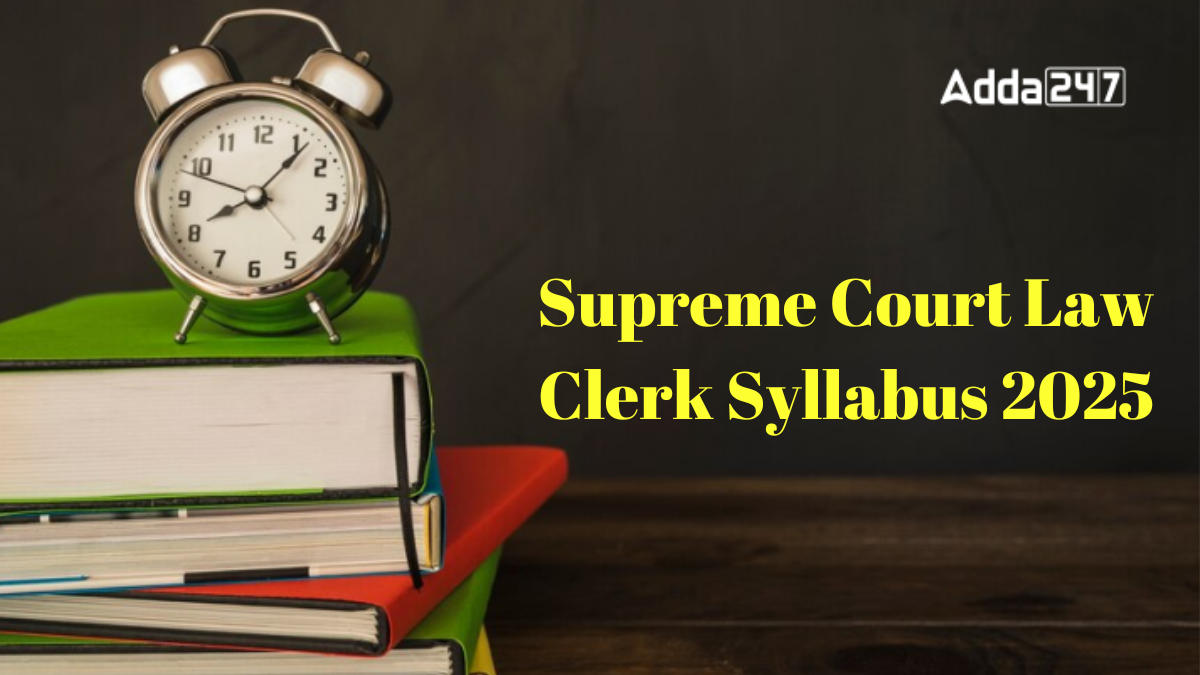

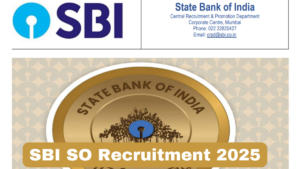 SBI SO Recruitment 2025, Last Date to Ap...
SBI SO Recruitment 2025, Last Date to Ap...
 SBI PO Salary 2025 Revised, In Hand Sala...
SBI PO Salary 2025 Revised, In Hand Sala...
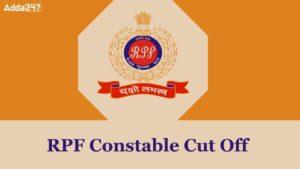 RPF Constable Cut Off 2025, Check Expect...
RPF Constable Cut Off 2025, Check Expect...
